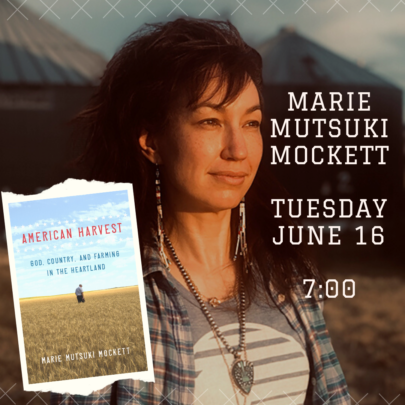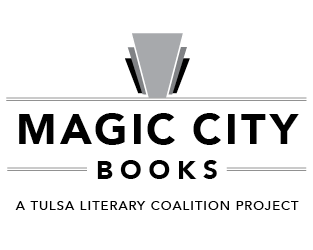
- This event has passed.
Virtual Event – Marie Mutsuki Mockett
June 16, 2020 @ 7:00 pm - 8:00 pm

Magic City Books is proud to welcome Marie Mutsuki Mockett for a virtual event in celebration of her new book, American Harvest, an epic story of the American wheat harvest, the politics of food, and the culture of the Great Plains. Marie will be in conversation with the poet Paisley Rekdal, author of Nightingale.
Register in advance for the event with Marie Mutsuki Mockett:
https://magiccitybooks.zoom.us/webinar/register/WN_Cl8_qrH_R6mRsyEwM2WKhw
After registering, you will receive a confirmation email containing information about joining the event.
You can purchase a copy of American Harvest here: https://magiccitybooks.square.site/product/american-harvest/133 and a copy of Nightingale here: https://magiccitybooks.square.site/product/nightingale/134.
About American Harvest
For over one hundred years, the Mockett family has owned a seven-thousand-acre wheat farm in the panhandle of Nebraska, where Marie Mutsuki Mockett’s father was raised. Mockett, who grew up in bohemian Carmel, California, with her father and her Japanese mother, knew little about farming when she inherited this land. Her father had all but forsworn it.
In American Harvest, Mockett accompanies a group of evangelical Christian wheat harvesters through the heartland at the invitation of Eric Wolgemuth, the conservative farmer who has cut her family’s fields for decades. As Mockett follows Wolgemuth’s crew on the trail of ripening wheat from Texas to Idaho, they contemplate what Wolgemuth refers to as “the divide,” inadvertently peeling back layers of the American story to expose its contradictions and unhealed wounds. She joins the crew in the fields, attends church, and struggles to adapt to the rhythms of rural life, all the while continually reminded of her own status as a person who signals “not white,” but who people she encounters can’t quite categorize.
American Harvest is an extraordinary evocation of the land and a thoughtful exploration of ingrained beliefs, from evangelical skepticism of evolution to cosmopolitan assumptions about food production and farming. With exquisite lyricism and humanity, this astonishing book attempts to reconcile competing versions of our national story.

